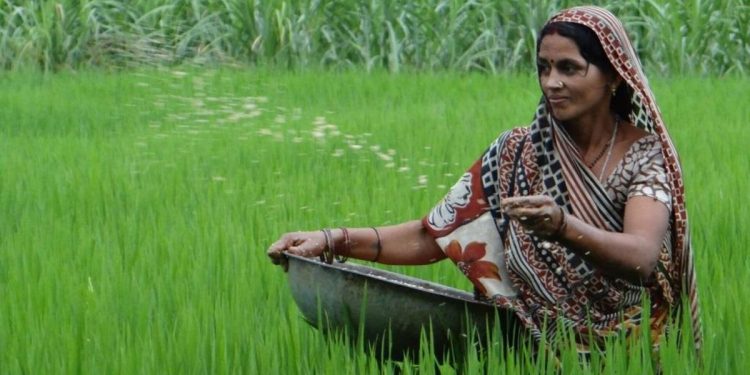#ARCpotatoseed #multiplication #womenfarmers #Meghalaya #apicalrootedcutting #self-sufficiency #qualityseeds #KufriUday #KufriKaran #KufriLima #agriculturalempowerment
In the picturesque state of Meghalaya, where agriculture plays a vital role in the lives of its people, a remarkable development is taking place among potato farmers. Specifically, a group of predominantly women farmers has taken a keen interest in apical rooted cutting (ARC) technology to meet their seed requirements and enhance their self-sufficiency.
ARC, a technique widely used for propagating plants, involves taking cuttings from the apical part (the tip) of a plant’s stem and rooting them to grow new plants. This method has gained popularity due to its efficiency and ability to produce genetically identical plants.
The farmers, driven by a desire to acquire quality seeds of newly released potato varieties, have formed a supportive network. Recently, they braved adverse weather conditions, enduring rain and wind, to spend a half-day in an open field dedicated to ARC cultivation. The field belonged to a fellow female farmer who had successfully adopted this innovative approach.
By utilizing ARC, these farmers can produce their own high-quality seeds, even for varieties like Kufri Uday, Kufri Karan, and Kufri Lima that are not yet available in the market. This development not only provides them with access to novel potato varieties but also ensures a reliable seed supply.
The adoption of ARC potato seed multiplication among these dedicated women farmers in Meghalaya has several significant consequences. First and foremost, it empowers them with the ability to become self-sufficient in their seed requirements, reducing their dependence on external sources.
Furthermore, by producing their own quality seeds, these farmers can cultivate newly released potato varieties that offer improved characteristics such as higher yields, disease resistance, and better adaptability to local growing conditions. This development has the potential to boost agricultural productivity and enhance the overall livelihoods of these farmers.
Moreover, the adoption of ARC technology by predominantly women farmers serves as a testament to the increasing role and empowerment of women in agriculture. It showcases their determination, resilience, and willingness to embrace innovative techniques to overcome challenges and improve their farming practices.
The enthusiasm of women farmers in Meghalaya for ARC potato seed multiplication highlights their commitment to achieving seed self-sufficiency. By producing quality seeds of newly released varieties through this innovative technique, they are poised to enhance agricultural productivity, overcome market limitations, and carve a path towards a more prosperous future.







